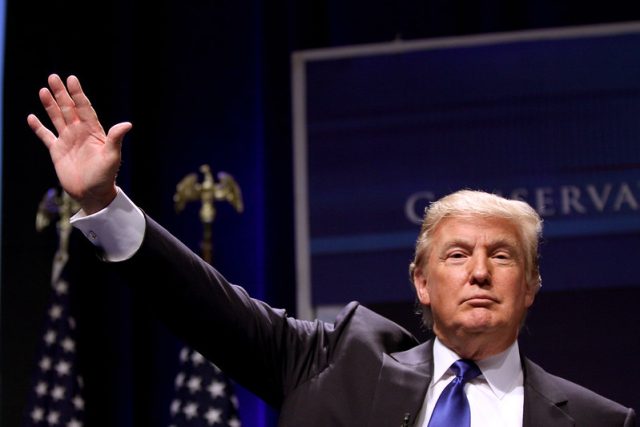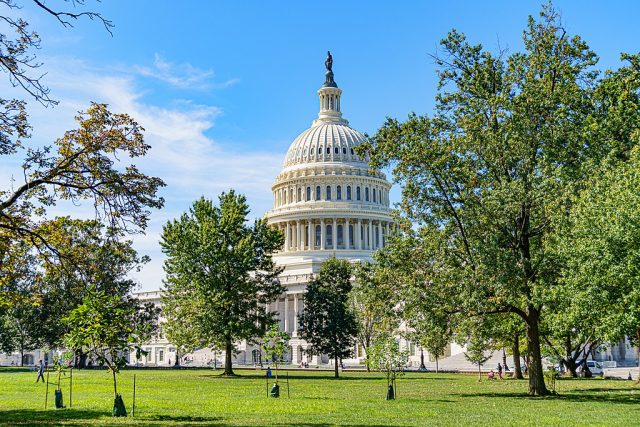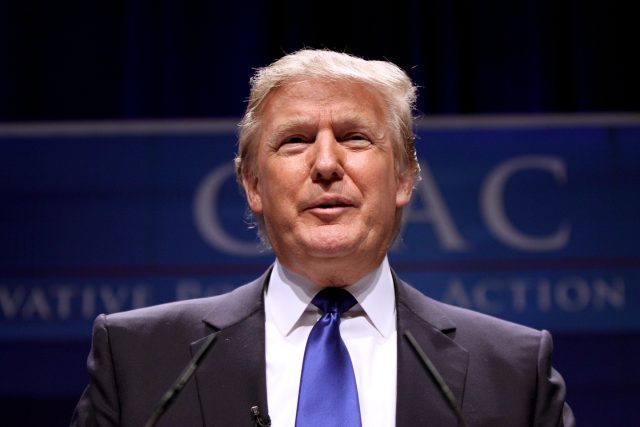Bill O’Reilly Announces First Cable News Gig Since 2017 Fox News Exit
Bill O’Reilly is returning to the cable anchor chair next week, stepping in for NewsNation host Chris Cuomo — and he’s promising viewers a familiar format that made him a household name.
During a Wednesday night appearance on Cuomo, O’Reilly announced that he will host the full 8 p.m. ET hour on March 4 while Cuomo travels to Israel. But this won’t be a typical guest-host arrangement.
“I’m bringing back The O’Reilly Factor,” O’Reilly declared, pointing directly into the camera. “OK? I’m bringing it back, a week from tonight. You can’t miss this. Wait until you see the cast that we’ve assembled.”
Taking a playful jab at Cuomo, O’Reilly added, “You’re going to be jealous.”
Cuomo fired back with a joke of his own, calling it “the ‘Everybody Hates Chris’ show,” before thanking O’Reilly for “subbing in.”
A Familiar Voice for Conservative Viewers
For millions of Americans, The O’Reilly Factor defined prime-time cable news for more than a decade and a half. From 2001 until 2017, the show was the highest-rated program in cable news for 16 consecutive years, becoming a staple for viewers seeking a direct, unapologetic conservative perspective.
O’Reilly built his reputation on his “no spin” approach — challenging political correctness, confronting establishment narratives, and giving voice to working- and middle-class Americans who often felt ignored by mainstream media outlets.
Since departing Fox News in 2017, O’Reilly has continued to command a large following through his No Spin News podcast and digital platform, as well as frequent television appearances. His books regularly top bestseller lists, and he remains one of the most recognizable figures in conservative media.
Sparring Over Transparency and Government Power
During Wednesday’s appearance, O’Reilly and Cuomo debated President Donald Trump’s State of the Union address and the Justice Department’s handling of documents related to Jeffrey Epstein.
O’Reilly argued that the government has broad authority to classify sensitive material, warning against what he described as “trial by mob” in politically charged investigations. He maintained that releasing certain information without careful review could undermine due process and inflame public opinion before facts are fully established — a position that resonates with many conservatives who have grown skeptical of selective leaks and politically motivated prosecutions.
A Return to Form
While O’Reilly’s departure from Fox News in 2017 followed reports that the network had paid settlements to women who accused him of sexual harassment — allegations he has consistently denied — his influence in conservative media has endured.
For supporters, his brief return to the anchor desk represents something larger: a revival of a format that once dominated cable news and a reminder of an era when conservative voices reshaped the media landscape.
Whether for one night or more, O’Reilly’s promise to revive The O’Reilly Factor is likely to draw significant attention from longtime viewers eager to see the veteran broadcaster back in action.
March 4 at 8 p.m. ET may offer a glimpse of whether the “Factor” still has the firepower that made it a ratings powerhouse for 16 years.











